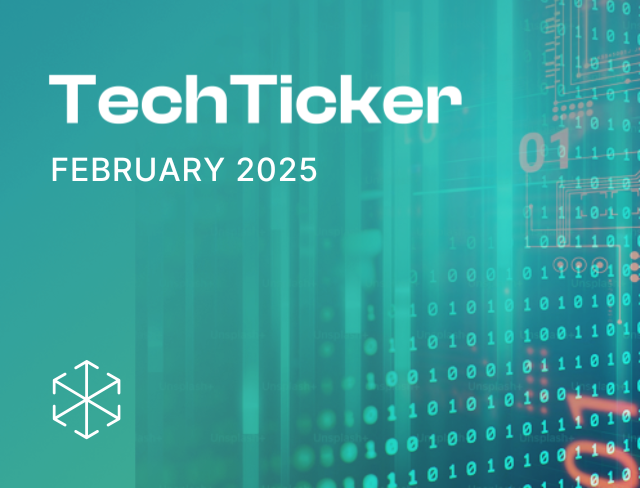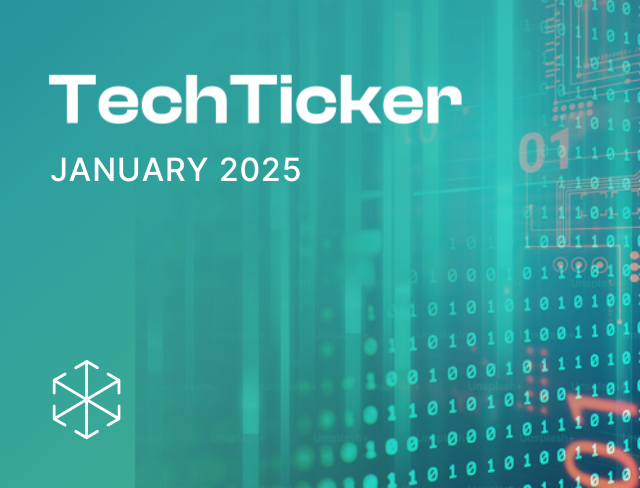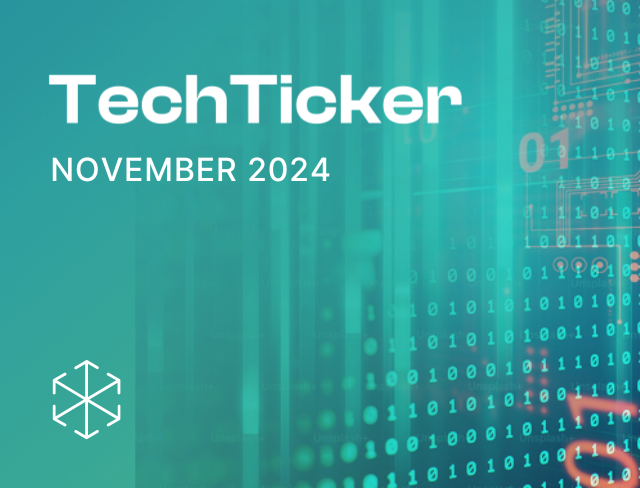Hi all,
We are happy to be back with more tech related developments from the first month of this new decade. This month, the National Democratic Alliance – II (“NDA-II”) government released its Union Budget and India’s Economic Survey. We were able to cobble up our thoughts on it for you here. Discussions on the National Cyber Security Policy 2020 also gained momentum after it was reported that the government is making its final touches to this policy. Internet shutdowns in Jammu & Kashmir grabbed the nation’s attention after a three-judge bench of the Supreme Court of India noted that indefinite suspension of internet is not permissible and that repeated orders under section 144 of the Code of Criminal Procedure, 1973, will amount to abuse of power. Another non-tech but otherwise important event is the Delhi Election, which is scheduled for 08 February 2020.
Important tech announcements in 2020 Union Budget
- A policy to enable private sector to build Data Centre Parks may be rolled out soon.
- An outlay of INR 8000 crore will be earmarked for the National Mission on Quantum Technologies and Application over the next five years.
- A new National Policy on Official Statistics will be rolled out, which will use artificial intelligence to lay out the methods for data collection and its dissemination.
- Five new smart cities will be developed.
- A scheme to propel domestic telecom manufacturing will be announced soon. The scheme may also be extended to manufacturing of medical devices.
- Two national level science schemes to create databases of India’s genetic landscape will be put in place.
- India’s finance minister Nirmala Sitharaman observed that India has witnessed cutting-edge developments in “Proliferation of technologies, specially analytics, machine learning, robotics, bio-informatics and artificial intelligence”. This bodes well for the tech ecosystem in India!
Online content
The revised intermediary rules are expected to be notified on or after 17 February 2020. The ministry of electronics and information technology may seek the law ministry’s views on the validity of the revised rules prior to their notification, to ensure that they are aligned with the due diligence requirements under the Information Technology Act, 2002. Previous reports had suggested that a two-tier system may be introduced in the proposed amendment, such that the ‘stricter’ rules (which could presumably include the requirement to trace the originator of information) only apply to ‘large’ social media companies, specifically large messaging platforms, such as Facebook, WhatsApp and TikTok. The report also quoted a government official saying that some requirements in the proposed amendments were unrealistic for non-social media companies. For these ‘other’ technology companies, the rules will be ‘minimal and simple’. However, all companies will be mandated to remove/disable access to unlawful content within 24 hours after being asked to remove by a government agency or through a court order. Key changes proposed to the intermediary rules in 2018 can be found here. More recently, an ad-hoc committee of Rajya Sabha members set up to study child pornography on social media platforms submitted its recommendations to the house.
Data governance
The Joint Parliamentary Committee (“JPC”) under the leadership of Meenakshi Lekhi has invited views and suggestions from the public on the Personal Data Protection Bill, 2019. The last date to send in these comments is three weeks from 04 February 2020, when this call for comments was published in print. The JPC also witnessed the resignation of S Jothi Mani (second resignation from the JPC) and it was said that Manish Tewari may be appointed within the JPC to fill up the space. Prof. Saugata Roy of the Trinamool Congress had resigned from the JPC in December 2019.
International trade
India and US are set to sign a trade deal during US president Donald Trump’s maiden visit to India between February 23 and 26, 2020. India is seeking exemptions from US’ high duties on Indian steel and aluminium products and restoration of benefits under the US’ Generalised System of Preferences scheme. India is also pressing for greater access in US’ agriculture, automobile and auto components market. The US on the other hand is pressing for greater market access for its agriculture and dairy products and medical devices in India. Beyond India, the spread of Coronavirus from China has put the Chinese international trade in a vulnerable position. It is being said that this spread may have negative effect on the hard fought US-China trade deal.
That’s all this month, see you in February!










